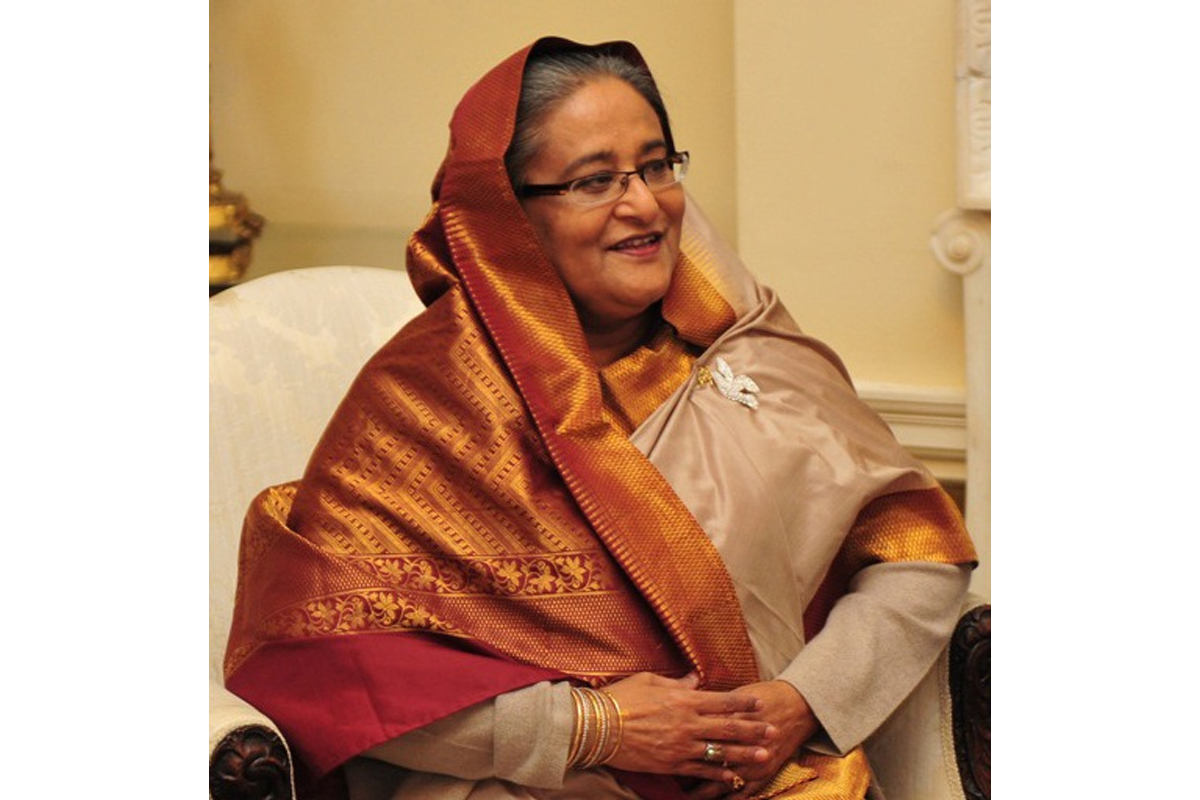Turmoil in Bangladesh: The Fall of Sheikh Hasina
Bangladesh faced political upheaval with the removal of Prime Minister Sheikh Hasina, straining relations with India. Protests led by students culminated in her ouster and exile to India. This shift brought Nobel laureate Muhammad Yunus to power, prompting concerns over minority rights and upcoming elections.

- Country:
- Bangladesh
In a significant political shift, Bangladesh witnessed the ousting of long-time Prime Minister Sheikh Hasina, raising the possibility of tense relations with its neighbor, India. This development came after a series of student-led protests against a controversial job quota system that quickly escalated into nationwide calls for her removal.
Controversy surrounds the new interim government led by Nobel laureate Muhammad Yunus, as allegations of political repression and failure to protect minority rights, particularly the Hindu community, emerge. Yunus's leadership has led to diplomatic tensions with India, as New Delhi seeks to maintain stable ties with Dhaka.
The ouster of Hasina, who was once a staunch ally of India, radically shifts the political landscape in Bangladesh and creates uncertainty for upcoming elections. The leadership transition is marked by accusations against Hasina's regime of human rights abuses and genocide, further complicating the prospect of a credible election process.
(With inputs from agencies.)
ALSO READ
High-Stakes Legal Battle: Sanjay Bhandari Fights Extradition in London
Tbilisi Turmoil: Clashes and Arrests in Georgian Protests
Constitution Replica Vandalism Sparks Violent Protests in Maharashtra
Tensions Escalate: Protests Erupt in Parbhani Over Constitution's Vandalism
Uproar in Parbhani: Violent Protests Ignite Over Constitution Replica Vandalism










